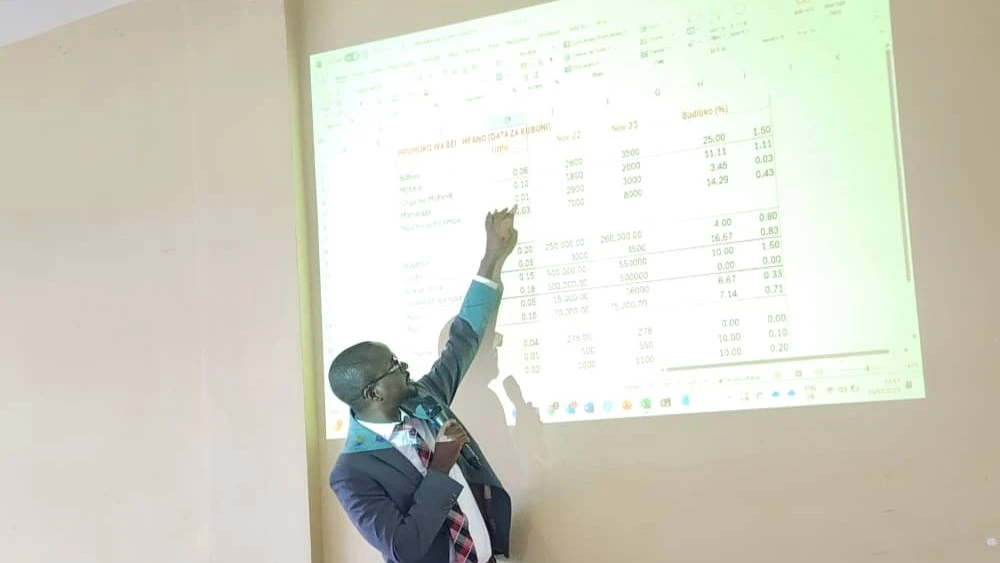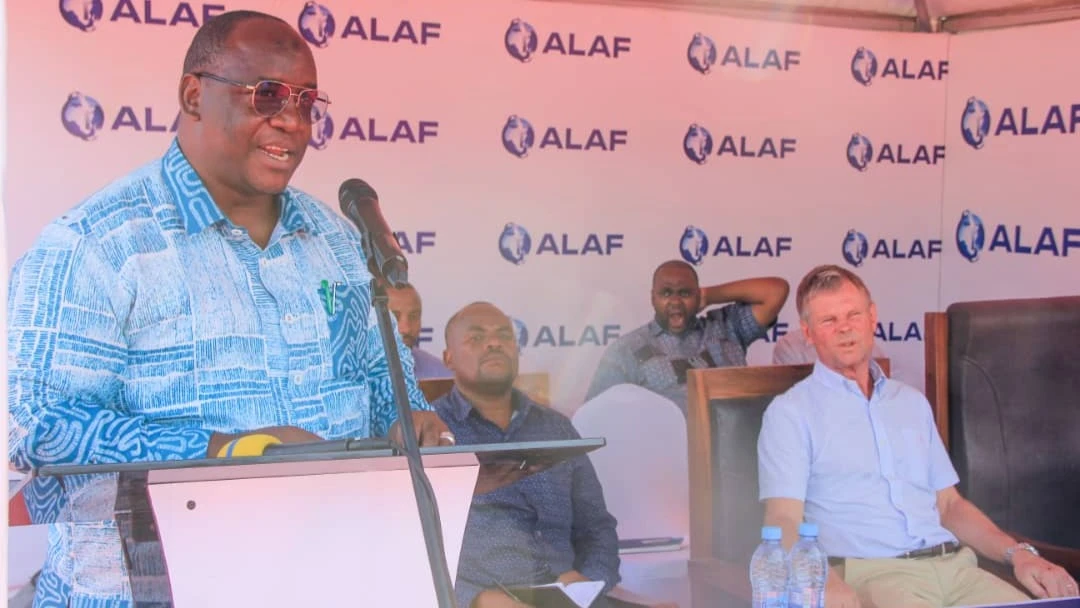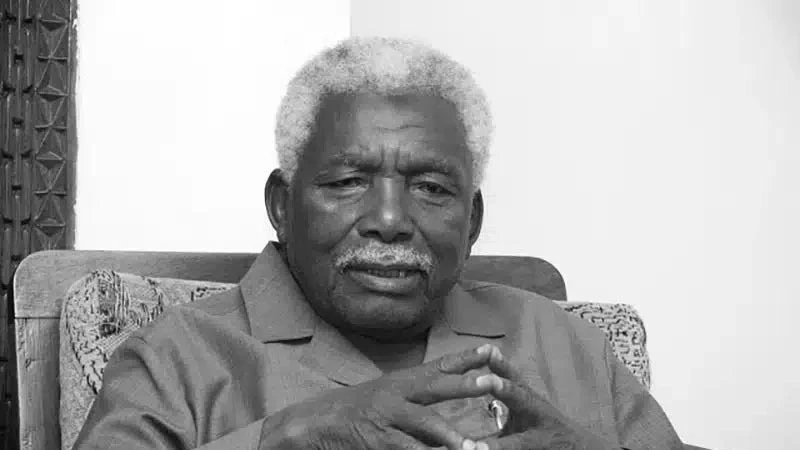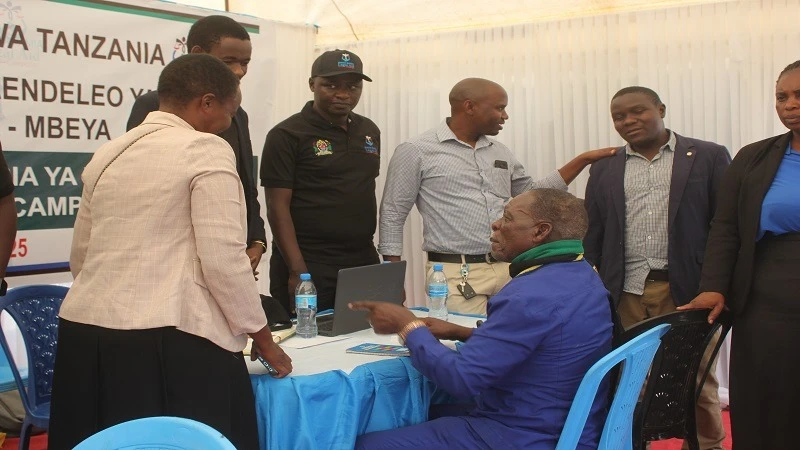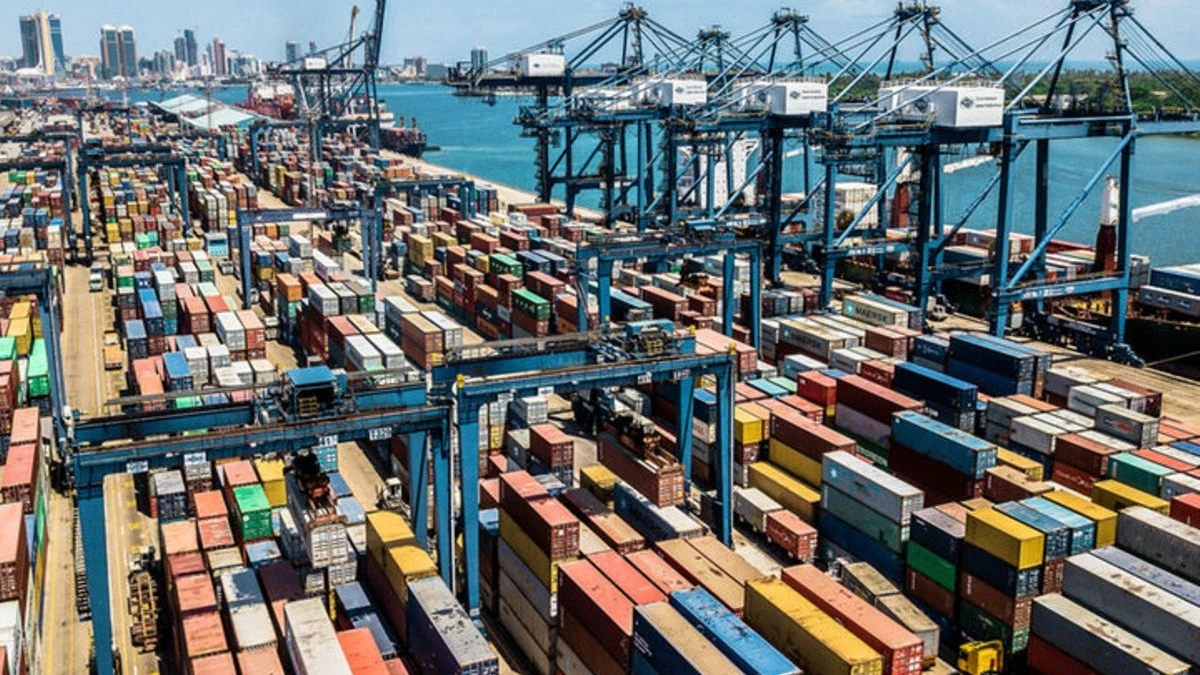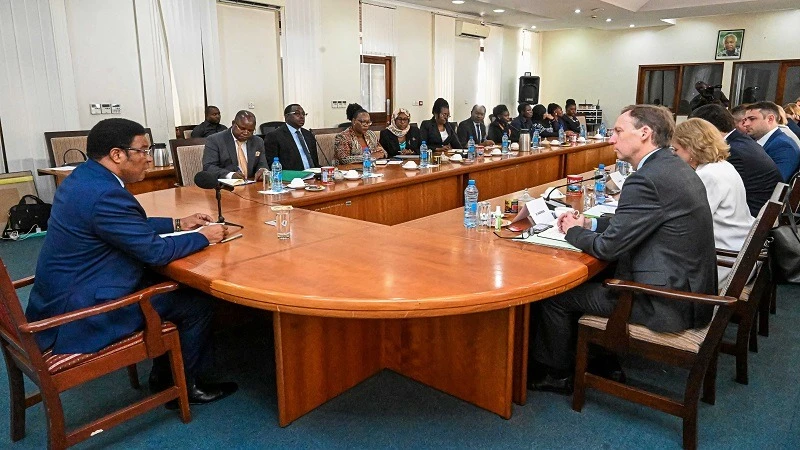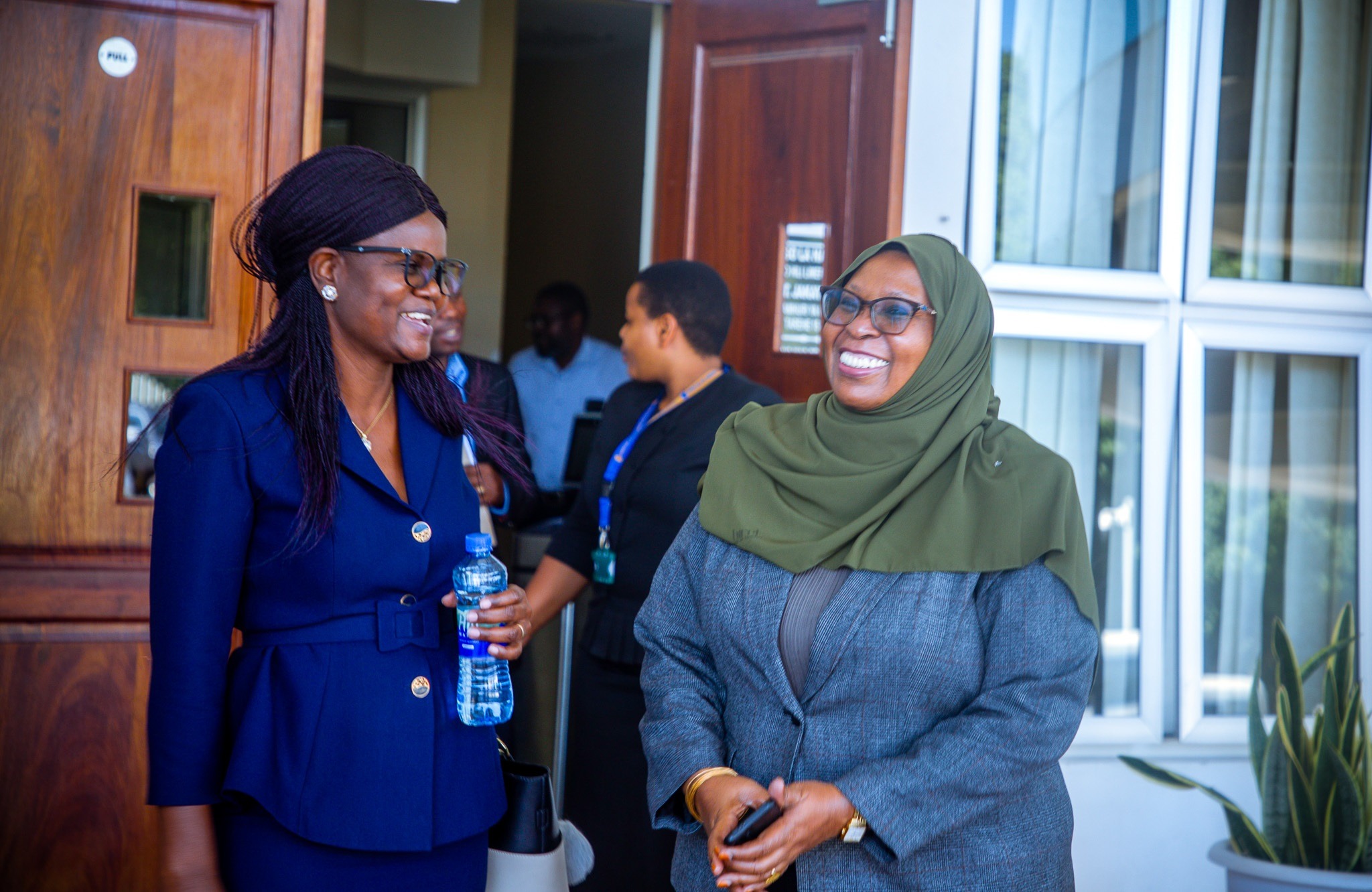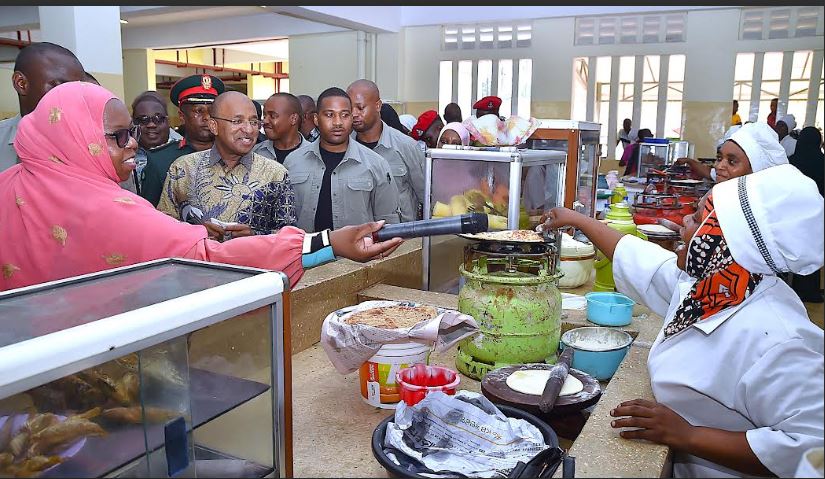Africa’s housing deficit is ticking bomb, says Shelter Afrique boss
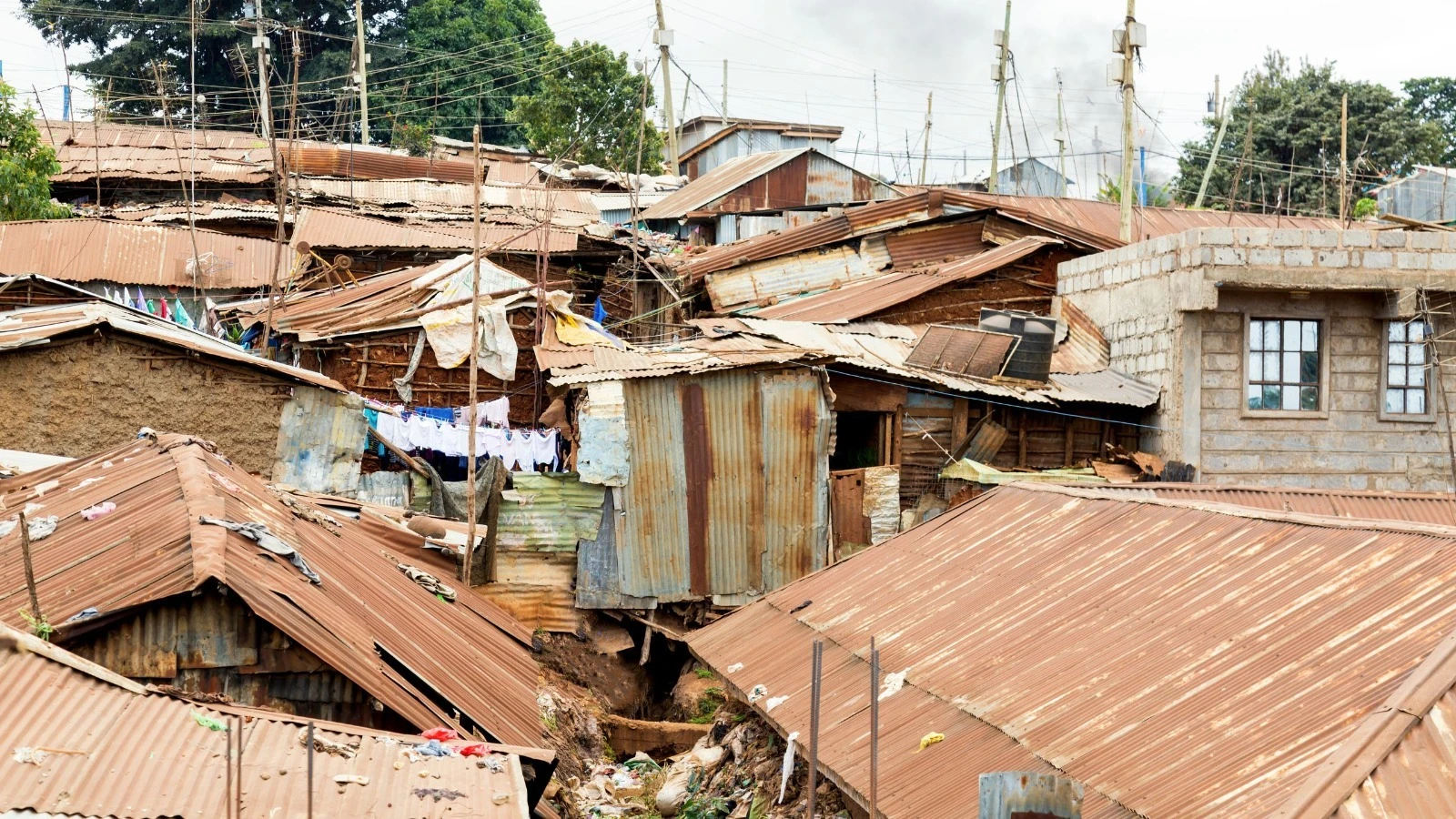
The managing director of Shelter Afrique Development Bank, Thierno Habib has said Africa’s housing deficit is a ” ticking bomb” which needs some urgent attention.
Africa’s housing deficit is currently estimated at over 52 million units and is expected to increase as the continent’s population grows, and urbanisation continues.
Speaking at the Global Africa Forum in New York at the end of last month, Habib called for increased investment and partnership that will help address the current housing deficit.
”Urban development and affordable housing across the continent. And we are really looking at the opportunity for transformation, and for our continent to play its role in the global financial architecture.
”So as a development bank, this is where we come in, as you all know, housing and urban infrastructure are critical to Africa’s development agenda.”
” Playing a pivotal role in improving living standards, driving economic growth and fostering social inclusion with Africa’s urban population projected to exceed 50 percent by 2050. The continent faces an escalating housing crisis which is really a ticking bomb on all of us, currently experiencing a deficit of over 53 million housing units needed across the continent,” Habib said.
The Africa Prosperity Network (APN), organizers’ of Africa Prosperity Dialogues (APD), in collaboration with Africa-America Institute (AAI), a premier US-based international organization dedicated to strengthening the human capacity of Africans, will jointly host the second edition of the Global Africa Forum (GAF) on the sidelines of the 79th session of the United Nations (UN) General Assembly in New York City, United States of America.
The Global Africa Forum serves as a platform for connecting the African continent with its diaspora to foster collaboration and take advantage of economic opportunities aligned with the African Union’s Agenda 2063.
The Forum will, among others, seek to connect the skills, technology, and financial investments of Global Africans to the development of key sectors, such as energy, health, education, housing, transportation, and digital infrastructure, on the African continent.
The Global Africa Forum will also seek to unpack US-Africa economic policies that have the potential to create funding opportunities for large-scale infrastructure projects that will help to connect and integrate the African continent.
The maiden edition of the forum, held last year (2023), witnessed the launch of the Global Africa Network by President Nana Addo Dankwa Akufo-Addo, with the support of notable personalities such as Ahunna Eziakonwa, United Nations Assistant Secretary-General and Director, Regional Bureau for Africa.
Speaking during the opening of Shelter Afrique Development Bank’s (ShafDB) 43rd Annual General Meeting (AGM) in Kigali in June this year, Rwanda’s Prime Minister, Edouard Ngirente, said, “Africa is facing a major challenge of urbanisation and access to affordable housing. There is therefore need for citizens to have access to affordable housing to promote socio-economic development on the continent.”
He highlighted the importance of housing finance and partnerships between government, private developers and financial institutions to address these challenges.
“By optimising partnership and effective cooperation, we can together establish sustainable housing solutions. Developers should therefore participate in affordable housing projects on the side of the government to attract investors and provide affordable housing to the citizens,” said Ngirente.
According to the projections from the UN-Habitat, 68 percent of the world population will live in urban areas by 2050.Today 55 percent of the world’s population lives in urban areas.
It is against this background that Shelter Afrique says Africa needs more than US$1.4 trillion in funding to address the growing housing crisis.
The Pan African housing development financier said majority of African countries were already facing housing crisis as a result of population explosion, increased urbanization, poor urban planning, dysfunctional land markets, rising construction costs, proliferation of informal settlements, and underdeveloped financial systems.
Countries like Nigeria, Ethiopia, and Tanzania are witnessing high birth rates, further straining already limited housing resources. The housing deficit in Nigeria, for instance, is estimated at 28 million units, with similar gaps observed in other densely populated African nations.
Also, studies show the availability of housing finance in Africa is limited, especially for low- and middle-income households.
Mortgage systems are underdeveloped in many African countries, and when available, they often come with high interest rates and stringent eligibility criteria, leaving most people unable to access formal housing loans.
Despite the challenges, there are opportunities for innovation and growth in Africa's housing sector. Sustainable urbanization and smart investments can help address the housing crisis, providing millions with access to decent and affordable homes.
Top Headlines
© 2025 IPPMEDIA.COM. ALL RIGHTS RESERVED














